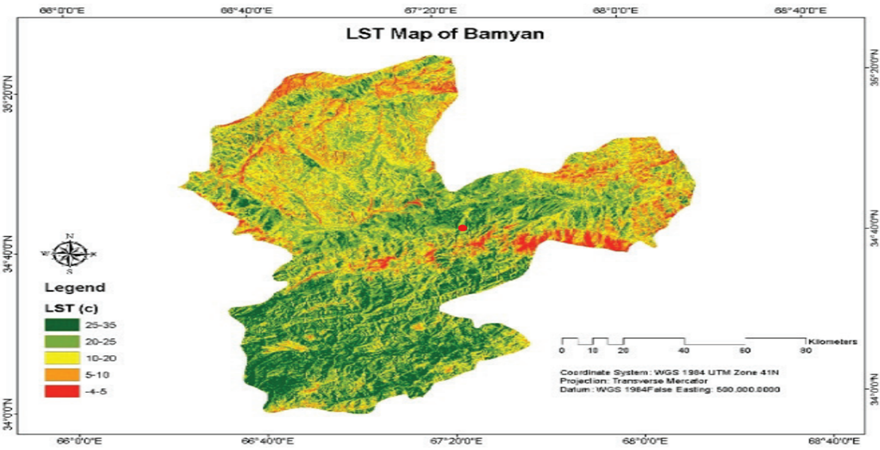- +91-11-4044-5999
- info@cdri.world
-
Copernicus Marg, New Delhi, INDIA
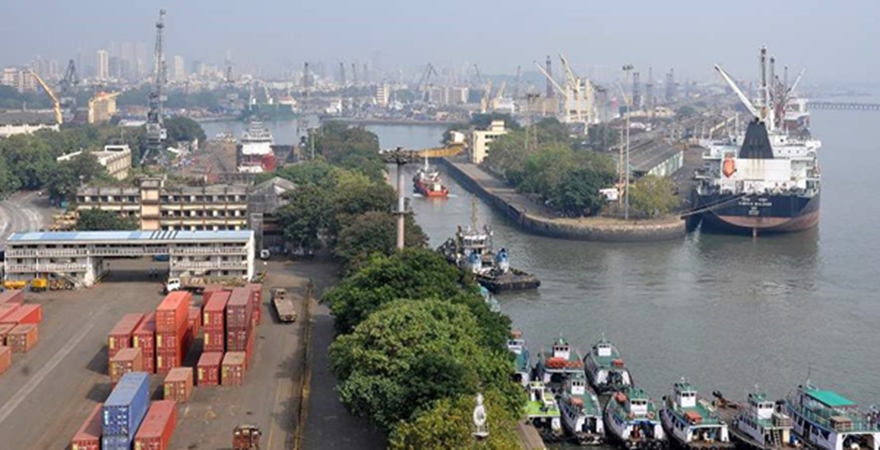
Assessing climate change risks to and resilience of India's seaport infrastructure and operations
Dr Pushp Bajaj
National Maritime Foundation, New Delhi, India
Dr Chime Youdon
National Maritime Foundation, New Delhi, India
Abstract: In the increasingly interconnected and interdependent contemporary world, trade forms a significant component of every major economy; for India, trade accounts for over one-third of the total economy. Around 95% of India’s merchandise trade, by volume, travels through the sea in cargo ships. India has 12 major ports and over 200 non-major ports that facilitate this trade and is expected to continue to grow in the future. In 2021, the Ministry of Ports, Shipping and Waterways of the Government of India unveiled the “Maritime India Vision 2030”. It outlines a growth model focussed on building world-class greenfield ports, creating “smart ports”, modernizing existing ports, promoting port-led industrialization and public-private partnerships. While this ambitious vision and the development projects identified under it are critical in facilitating India’s transition from a “Brown Economy” to a “Blue Economy”, they are being and will continue to be seriously impeded by the ever-growing impacts of anthropogenic climate change. In this context, this study aims to assess the threats posed by climate change in the form of more intense and frequent extreme weather events and sea-level rise to India’s port infrastructure and operations. The authors created a climate change-risk assessment framework and methodology that utilizes a combination of available climatic data, field-based research and expert interviews with port officials to generate “climate-risk profiles” of Indian ports. The framework was tested and implemented through case studies of two of India’s major ports, namely the Mumbai Port Authority (on the west coast) and the Paradip Port Authority (on the east coast). Findings from the two ports were compared to bring out the differences and commonalities in the challenges facing individual ports. The study highlights the urgent need to devise comprehensive and dynamic climate-change adaptation strategies for individual ports and a concerted policy framework at the national level to ensure long-term security and sustainability of India’s maritime trade sector.
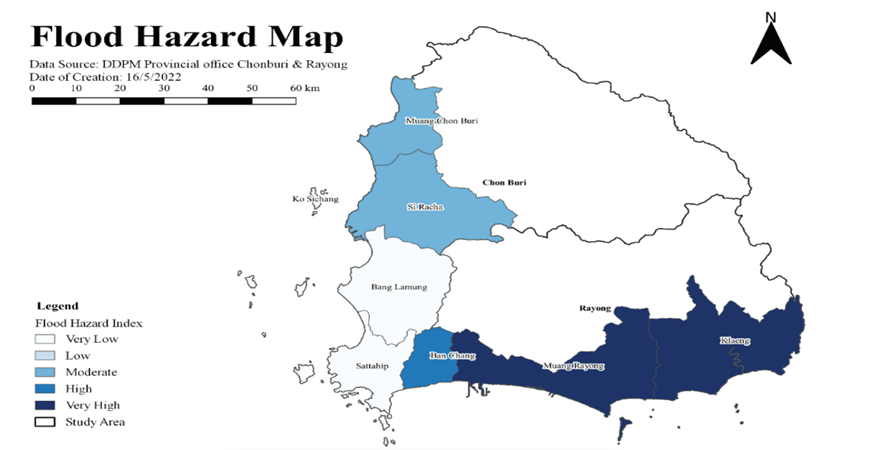
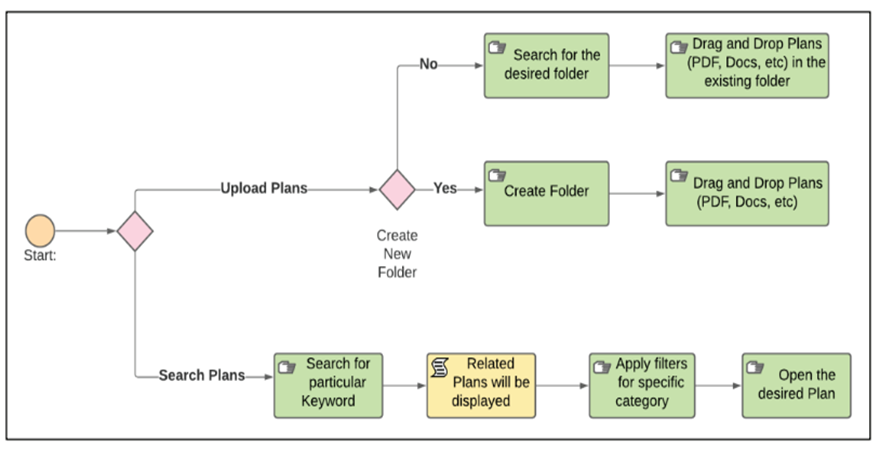

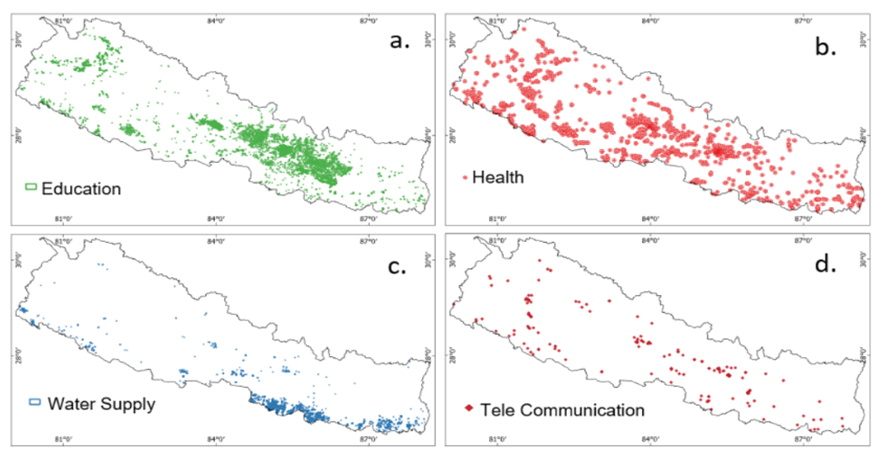

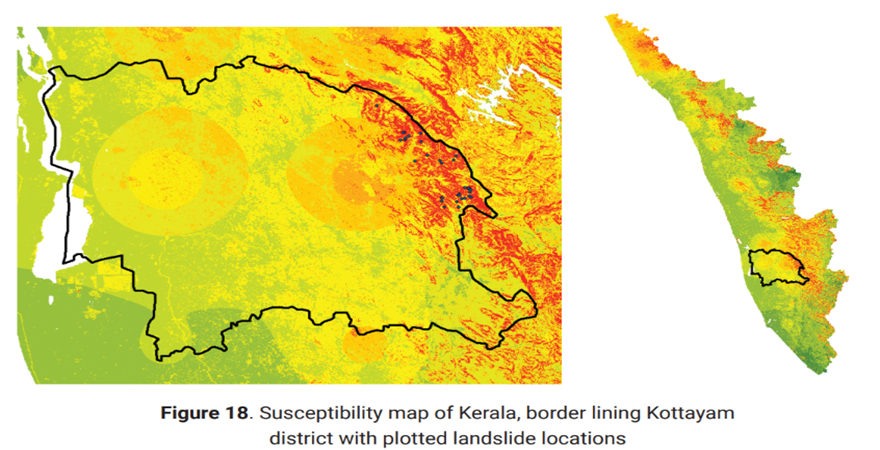
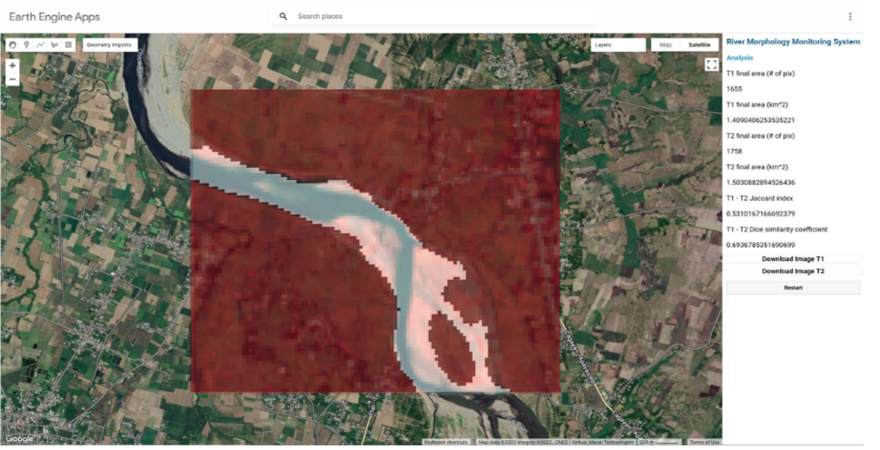
.png)
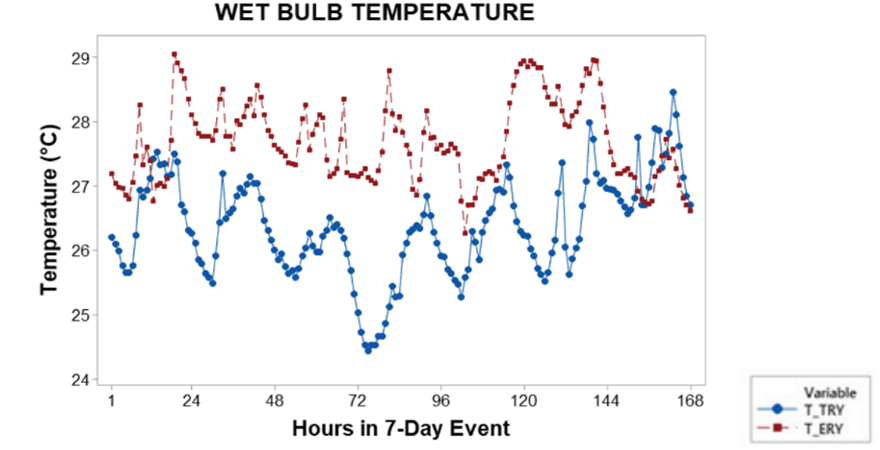
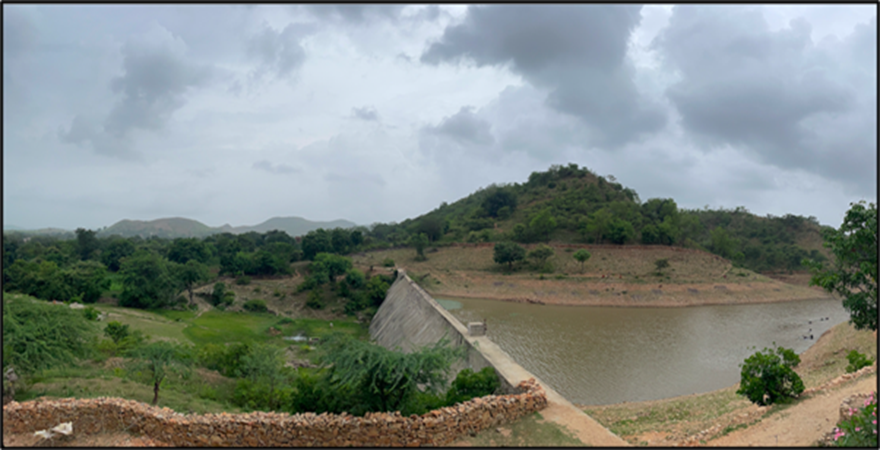

.png)
, nepal.png)



